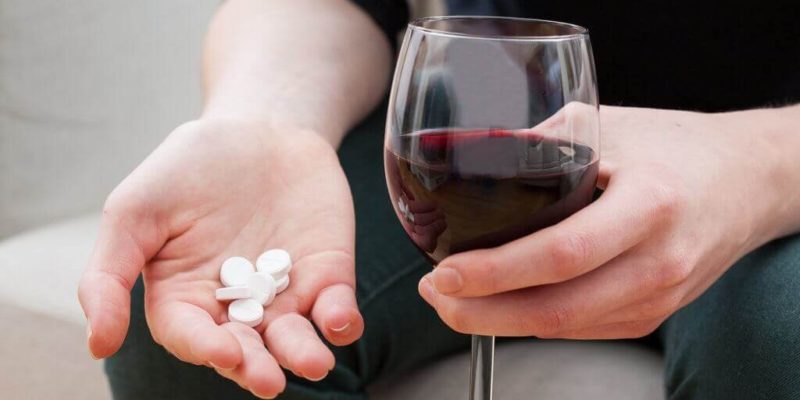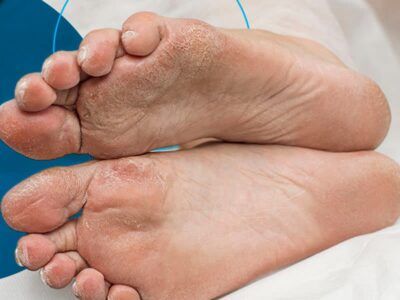Alcohol and chemical dependency can result in serious health complications if left untreated. Signs of dependence include tolerance for the addiction despite being aware of the consequences. Experiencing withdrawal symptoms when trying to quit or cut down on alcohol and chemical consumption is another sign of dependence. A Malibu, CA addiction counselor can help ease your way through withdrawal and detoxification in overcoming alcohol and chemical dependency.
Confronting Alcohol and Chemical Dependency
The first step in overcoming alcohol and chemical dependency is accepting that you have a problem that needs a solution. Confronting the dependency may not be an easy task but it is a critical step on your path to recovery. Recovery is a gradual process that will require you to be willing to get the support you need. The good thing is that treatment for alcohol and chemical dependency is available. You are able to recover, get sober and reclaim your life.
Inpatient Treatment
If you are experiencing severe alcohol and chemical abuse problems, you will likely be referred to an inpatient treatment program. The treatment involves detoxification to completely flush out alcohol or chemicals from your body. Medications are often used to relieve uncomfortable withdrawal symptoms during the treatment process. Usually, the symptoms subside within one to two weeks after the detoxification has started.
The detoxification period may vary depending on the severity of alcohol and chemical dependency. Individual or group therapy is also provided in the inpatient treatment program to help the patient in overcoming their addictions. Such therapies comprise of stress management techniques, relapse prevention, as well as trigger identification and avoidance. The patient is equipped with skills on how to navigate problems without abusing alcohol or chemicals.
Outpatient Treatment
When dependency on alcohol and chemicals is addressed in its early stages, a patient can recover in an outpatient treatment program. Symptoms of withdrawal are normally mild when the dependency is addressed early enough. Partial hospitalization may be involved along with structured programs to undertake from home. An outpatient treatment program is a flexible option that is not as intensive as the inpatient treatment program.
The three types of outpatient treatment programs that are commonly offered are day treatment, continuing care groups and intensive outpatient. Depending on your specific needs, a certain program may be recommended over the others. Alternatively, the recovery could begin with one program and move to the other programs as you advance. If you have a stable home environment and your substance dependency is not as serious, outpatient treatment can be effective.
Counseling
Your doctor can also refer you to a group or one-on-one counseling once you have recovered from alcohol and chemical dependency. Counseling aims at helping you take the necessary measures in combating cravings and triggers that can lead to a relapse. It also enables you to improve your interpersonal skills and mend any relationships you may have damaged through your substance dependency.
Options for counseling involve behavioral modifications and motivational interviewing. Behavioral treatment allows you to work with mental health professionals in identifying and improving your habits. It gives you a chance to set attainable goals in dealing with triggers. Motivational interviewing improves your willingness and motivation to change for the better. You are enabled to decide that change is necessary without being forced into the decision.













Comments